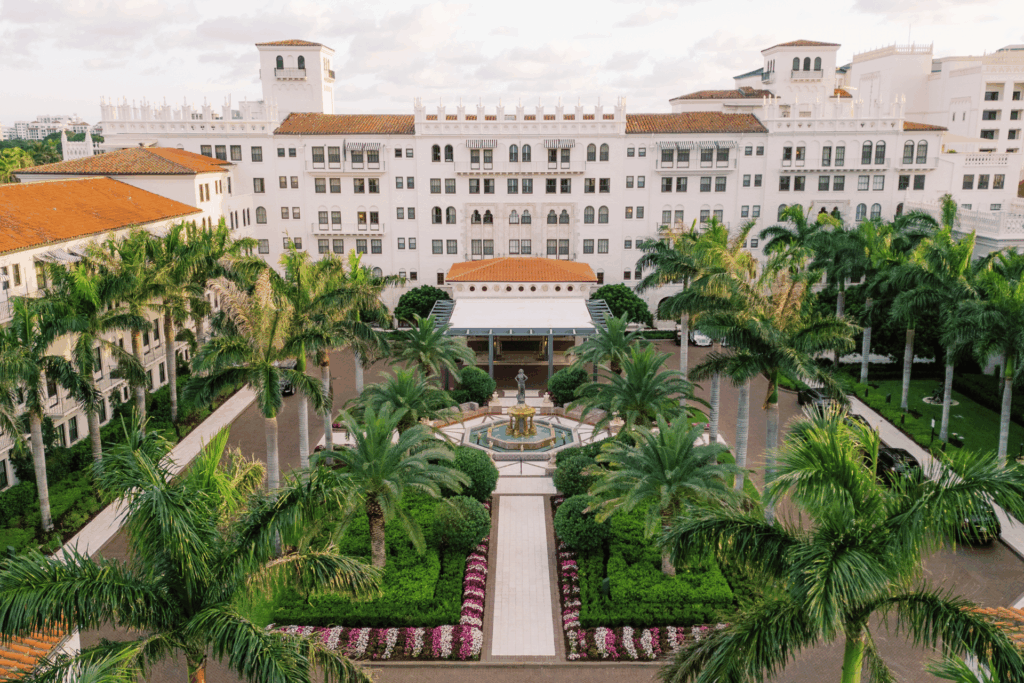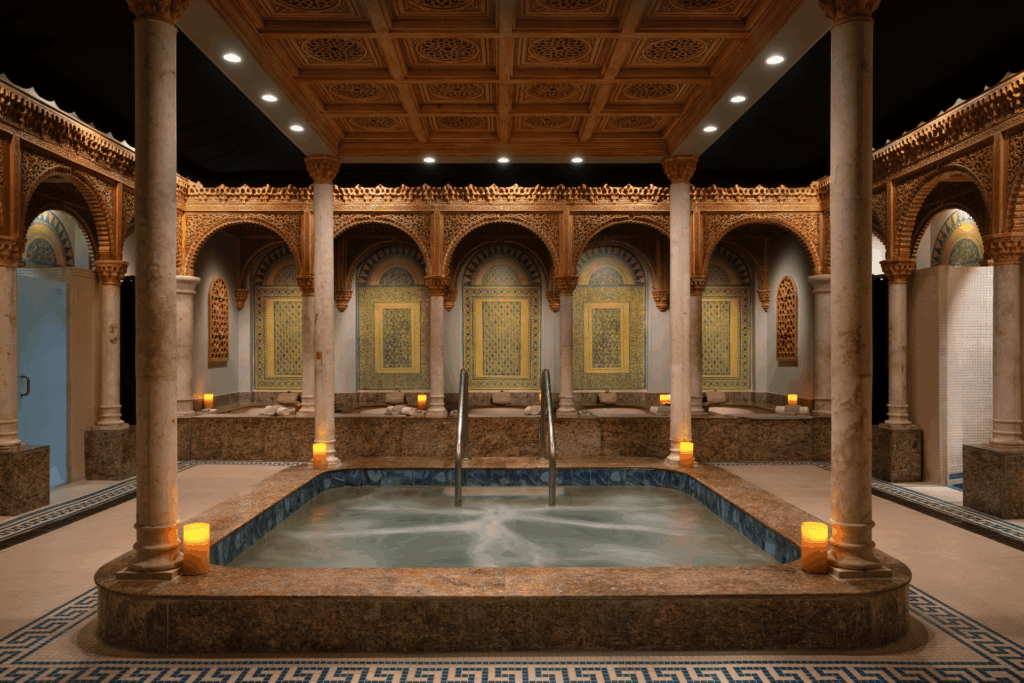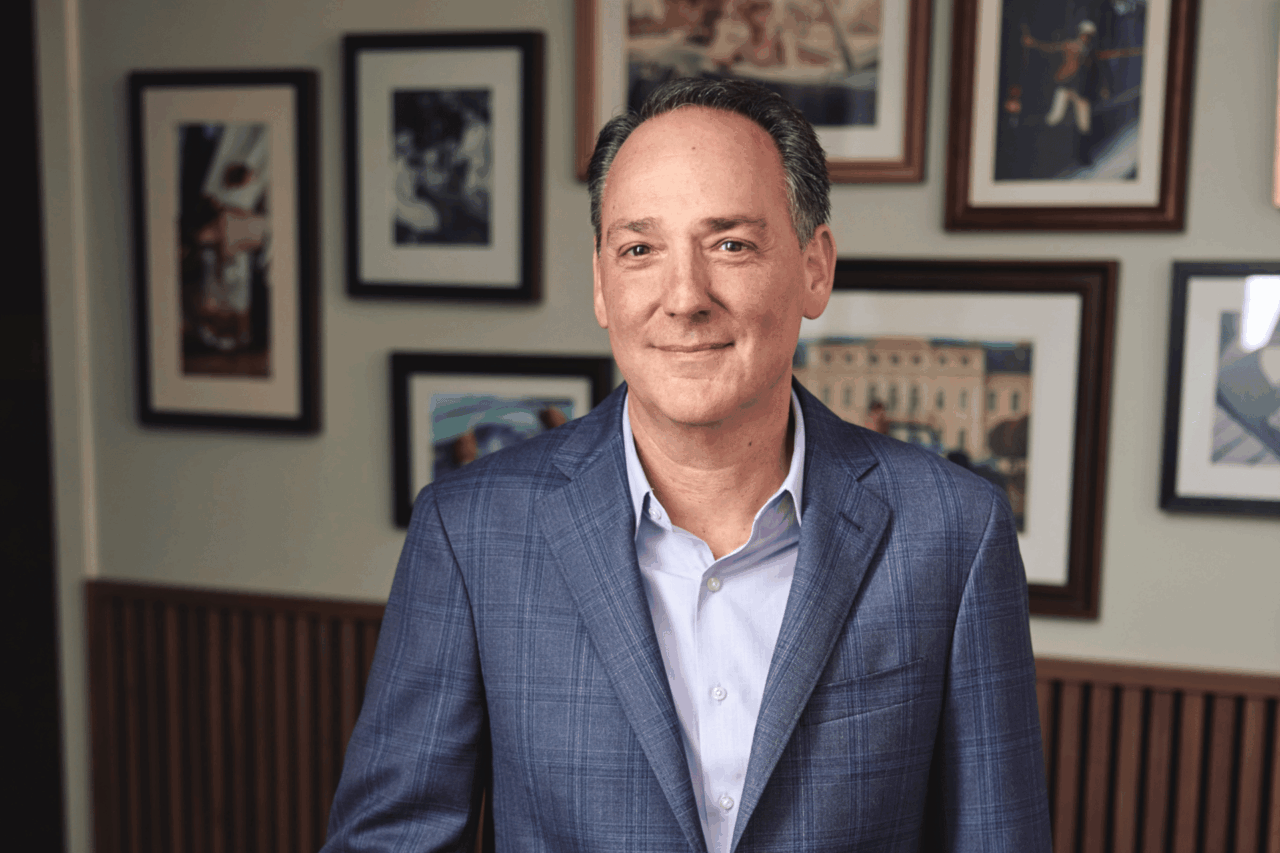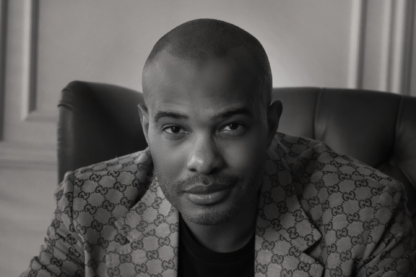In this exclusive interview, Alexander Chetchikov, President of the World Luxury Chamber of Commerce, sits down with Daniel A. Hostettler, a luminary in ultra-luxury hospitality. With a career spanning Peninsula, Relais & Châteaux and the double Five Star The Boca Raton, Hostettler shares his insights on creating experiences that harmonize intimacy, excellence, and individuality. From his Swiss roots to reimagining one of Florida’s most celebrated resorts, he offers a rare glimpse into the philosophy and discipline that define true luxury.
Alexander Chetchikov: Daniel, your career in hospitality is remarkable. How did your path into luxury begin, and what were the pivotal moments that shaped where you are today?
Daniel A. Hostettler: I was born in Switzerland and raised in Los Angeles, with summers back in Switzerland. The Swiss landscape and long tradition of hospitality education gave me an early respect for precision, order, and service. My father’s work had us traveling often, and these trips were where I found myself drawn to the rhythm and ambiance of well-run hotels and the cross-cultural energy you find in great lobbies.
My time at the Meadowood resort, 1995-2000, which was my first Relais and Châteaux property, was the pivot point: this experience showed me why independent, ultra-luxury hospitality matters. My broader responsibilities as president of Relais & Châteaux here in North America deepened that lesson through owners, chefs, and GMs who put intimacy and individuality first. At The Boca Raton, I try to apply the same approach: protect the sense of place, invest in people, and keep decisions close to the guest.

AC: What did this role (president of Relais & Châteaux in North America) teach you about maintaining intimacy, excellence, and individuality across such a unique collection of properties?
DAH: The work in this role mostly involves listening to owners, chefs, and GMs, and sharing best practices across individually owned properties.
The typical Relais & Châteaux property is owner-run, no more than 40 rooms in size, with a very high touch level of service and always a strong sense of place.
I learned that intimacy, excellence, and individuality are not in conflict if you’re disciplined about them. You set a clear bar for standards, you share what works across the group, and then you get out of the way so each property’s personality can breathe.
Intimacy is achieved by focusing on each guest in turn and taking proactive steps to honor that individuality. Excellence becomes a daily habit, not a slogan, and it shows up in small things done consistently. Individuality comes from protecting what is local and true, while holding everyone to the same level of care.
AC: I believe you’ve earned more simultaneous Five-Star ratings than any independent hotelier in history. From your perspective, what truly distinguishes a world-class luxury hotel from one that is simply very good?
DAH: These awards are a byproduct of the high-caliber work of our teams. The difference between “very good” and “exceptional” is what I call consistency with soul. An exceptional hotel…
- removes friction before you feel it
- anticipates needs without making a fuss about it
- carries a clear sense of place
- has standards that carry over through every handoff
- empowers its teams to fix anything on the spot
- provides a service that feels personal because people actually remember you
- …and never has a bad day.
Each of these attributes is essential if you want to be the best of the best.

AC: When MSD Partners brought you on to reimagine The Boca Raton, you introduced a bold vision that divided the resort into five distinct hotels. How did you approach that reinvention, and what makes each concept stand on its own while still upholding the property’s overall standard of luxury?
DAH: I started by protecting the soul of the place. We mapped the guest path across 200 waterfront acres, listened to the history, and then, as you mentioned, organized the experience into five “hotels,” each with its own style, mood, and target guest – and tied it all together with one service culture. Keeping the service standards consistent is dependent on the way we train and empower teams and the way we make decisions with the guest in mind. Five distinct hotels, one iconic resort.
AC: What do you see as the timeless, non-negotiable hallmarks of luxury hospitality, and what new expectations from today’s guests are transforming the experience?
DAH: The timeless non-negotiables are simple: privacy and discretion, culinary authority, and teams empowered to fix anything on the spot. Rooms and public spaces must work beautifully, and service should remove friction before the guest feels it.
What is changing are expectations about personalization and pace. Guests want preferences set before arrival, flexible spaces that match and facilitate the way they actually travel, and wellness that is more than a menu. They expect technology to make the stay easier and then disappear, and they care that our choices are responsible and rooted in the community. The thread through all of it is intent; everything should feel considered rather than performative.

Thank you, Daniel, for sharing these insights into the art of modern luxury hospitality. Your vision reminds us that the finest hotels are not merely destinations; they are living experiences where every detail, every interaction, and every moment is designed to leave a lasting impression.
Follow Daniel’s journey here: https://www.linkedin.com/in/daniel-a-hostettler-cha-912b372b/
Want to read more exclusives? Check out our news and insights: https://worldluxurychamber.com/insights-news/ & sign up for our newsletter here: https://worldluxurychamber.com/wlcc-community/





